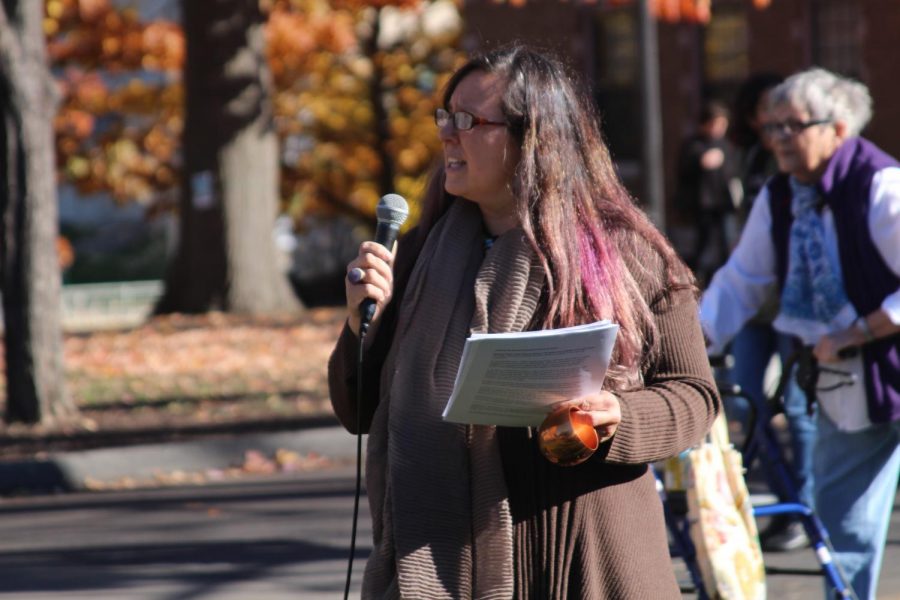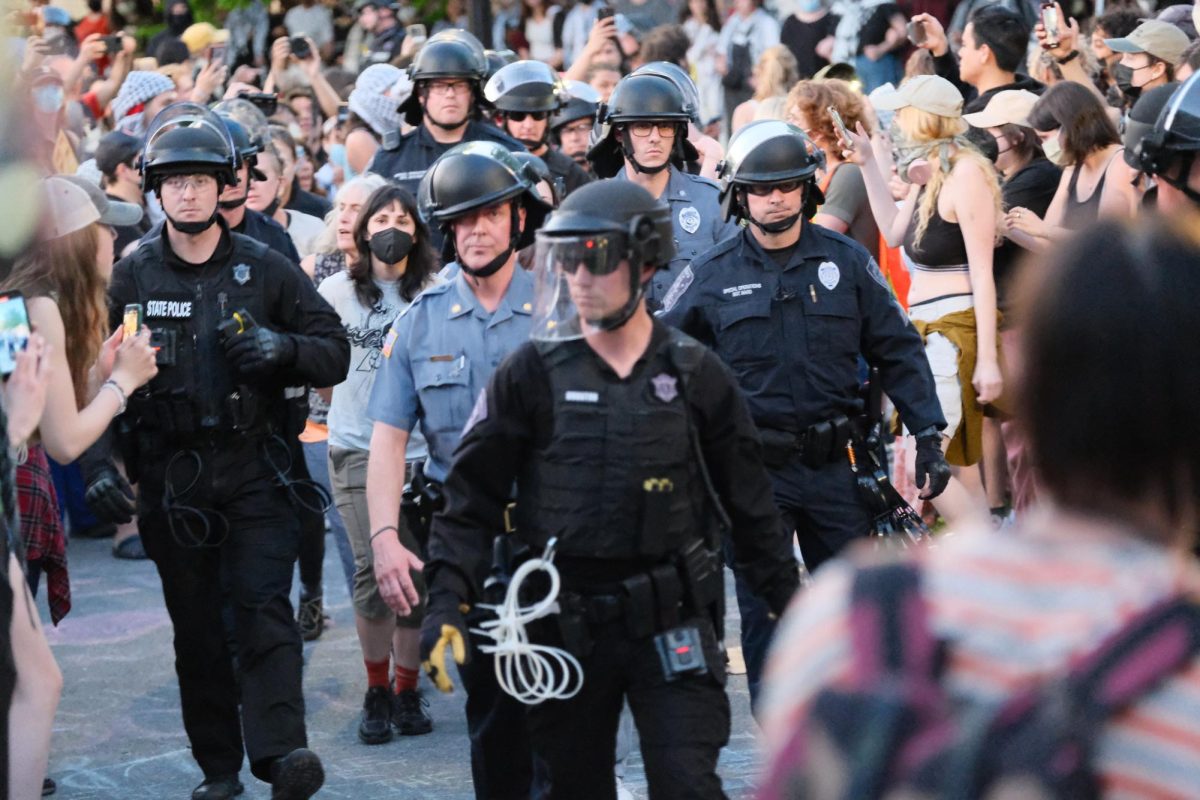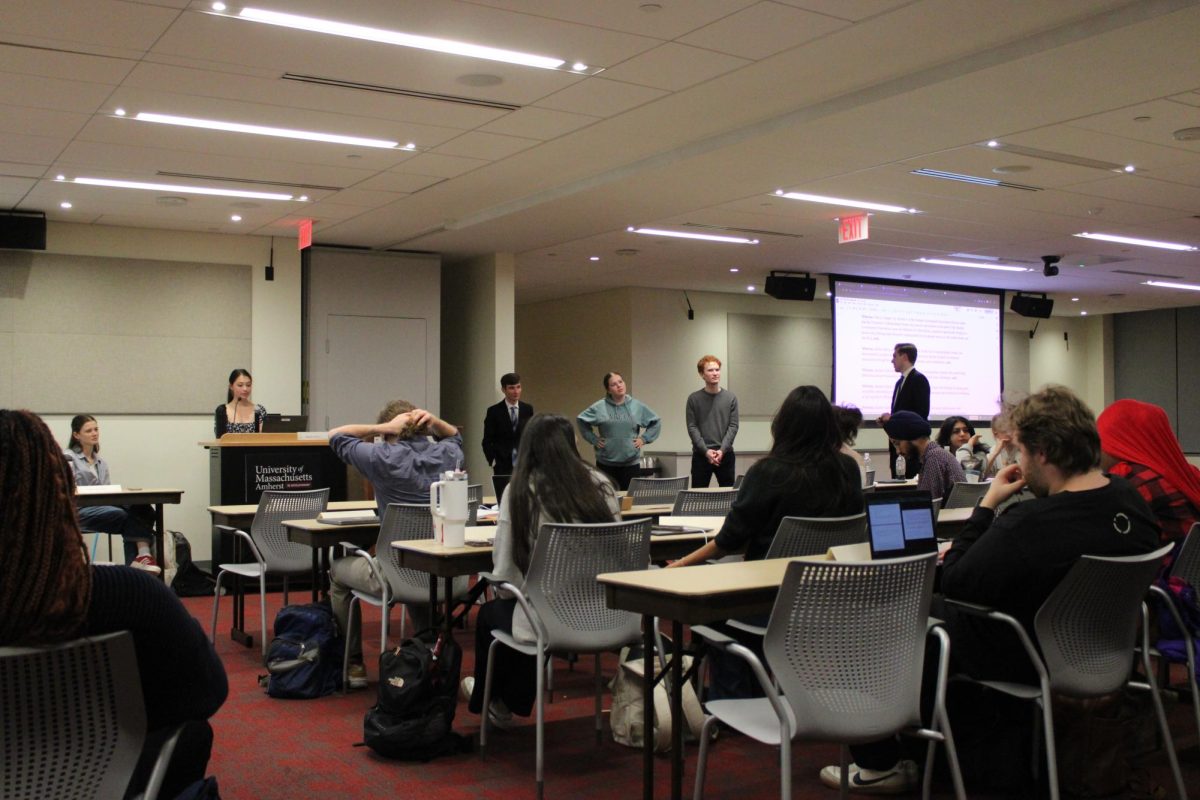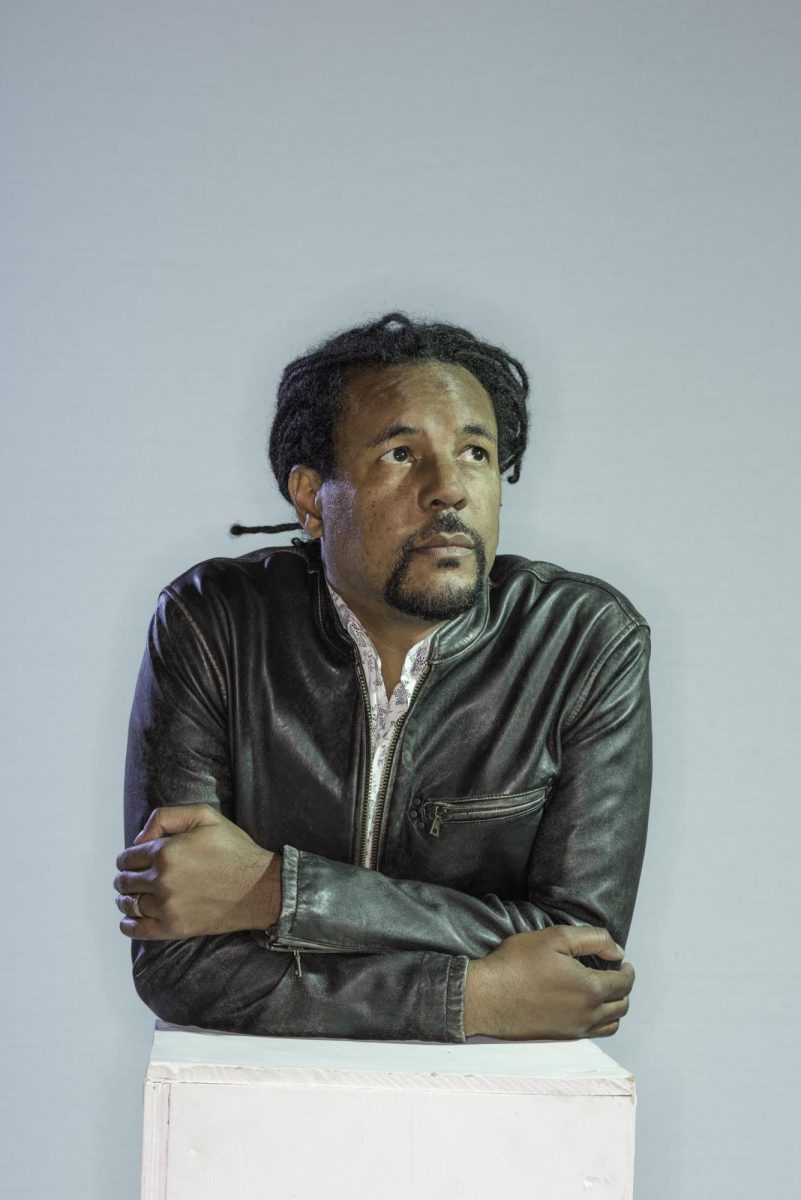As the provost professor of the Department of Anthropology, Sonya Atalay, or more specifically, Sonya Bawshkiing Anungo Kwe Atalay, conceptualizes complex topics through Indigenous ways of teaching, hosting students from all across campus. She is currently on sabbatical, where she is conducting community-based research methods to cultivate partnerships with local Native communities, as well as exploring Indigenous education framework.
Atalay worked at Indiana University beforehand, and started teaching at the University of Massachusetts in 2012. Atalay was born in Michigan, hailing from the Ojibwe tribe. Since her beginnings at the University, she has focused on damage-centered research and how to go about interacting with Native communities positively. She says that there are difficulties in all communities, but there are also “strong and beautiful aspects, where knowledge was lost.”
This knowledge, however, was purposefully erased for Native Americans through residential schools and genocidal practices.
“But there’s still a lot of knowledge that’s there and as Native communities work to recover and reclaim, not just ancestors from museums but knowledge, practices, language….knowledge that can help our contemporary world is really important,” Atalay said.
According to Atalay, “Native people have been exploited by research in the past,” and there’s a lot of “damage-centered research,” a term that describes this kind of research. It focuses on all the negative experiences of Native communities, such as high suicide rates or health disparities on reservations.
A lot of Atalay’s research focuses on research itself, and how to work best with disadvantaged communities.
“It’s done with, by, and for communities,” she said. “It’s crucial to develop real and respectful partnerships, ones that are regenerative, restorative, and not extractive.”
Her goal is to amplify Native stories and voices, and learn how they want to tell their stories.
In addition to partnership-based community research, Atalay looks at incorporating Indigenous teaching framework into the existing education system. She is in the process of writing a book called Braiding Knowledge,andone of her chapters focuses on Indigenous knowledge and how it can challenge and change universities. There are examples in Australia and Canada, where the curriculum is being “indigenized”. Indigenizing a culture, according to Atalay, isn’t about bringing more content about Natives or Native people into what’s taught,” she explained. Indigenizing the curriculum is adopting Indigenous pedagogy, or ways of teaching.
“All the data shows us that there are different modalities of learning,” she said. “And the Western framework that we have in universities is to sit down, and listen to someone at the front, since they hold all the knowledge.”
Whereas in Indigenous ways of teaching, it’s more hands on, emphasizing connecting with people and the land. Atalay believes students can benefit from this, and can find greater well-being when learning from an indigenous model.
“It’s intellectual, but it’s also spiritual, emotional, and physical,” she said. “All of those have to be in balance.”
Atalay is also the founder and one of the co-chairs of the Native Advisory Council, a subset of the office of equity and inclusion. Not all professors on the council are Native American.
“It’s really hard to think about transforming institutions and decolonizing and indigenizing institutions…you need native scholars and community members to guide that work. So we need more Native faculty,” Atalay said.
Atalay was working on developing a land acknowledgement statement, which was described as “more than words, and instead an action and commitment to having long standing relationships with Native nations.” A plaque is being put in place on campus that will have the land acknowledgement on it, and a Native artist will design it.
“It was important to me to get that [Native Advisory Council] started so that we can think about how to do all these things such as indigenizing our teaching and research,” Atalay said.
One of her favorite classes to teach is called “Comics, Cartoons and Communicating Research.” The class focuses on “knowledge mobilization” which according to Atalay, is the process of how information is shared with communities outside of academics.
“It’s really about Indigenous knowledge and a way of bringing Indigenous knowledge into university, because many Native people globally use storytelling and use art to share their knowledge,” Atalay said.
Atalay has her students take their research and create a story basket to conceptualize the information, practicing storytelling. The act of storytelling is an integral part of learning for Native Americans.
“It’s an Indigenous way of teaching that you wouldn’t get in a normal kind of typical university class,” she said.
One of the things she does in her work is create a series of graphic novels that are related to repatriation, which is the return of Native American bodies that museums have collected. In order to tell these stories, research papers do not suffice. She focuses on repatriation through assistance of her own tribal community and other nations.
“The fact that there’s more Native bodies on campus than there are Native people as students or faculty, that tells you something about what a university might value or think of,” Atalay said.
She also works with Native nations, such as the Penobscot nation in Maine, conducting a week-long youth camp where students talked about sacred sites, and created story baskets.
She recommends the United American Indians of New England website, for more information.
The Five College Native American and Indigenous Studies certificate program can be accessed here. To check out more of Atalay’s work, you can visit this website.
Olivia Capriotti can be reached at [email protected].




















